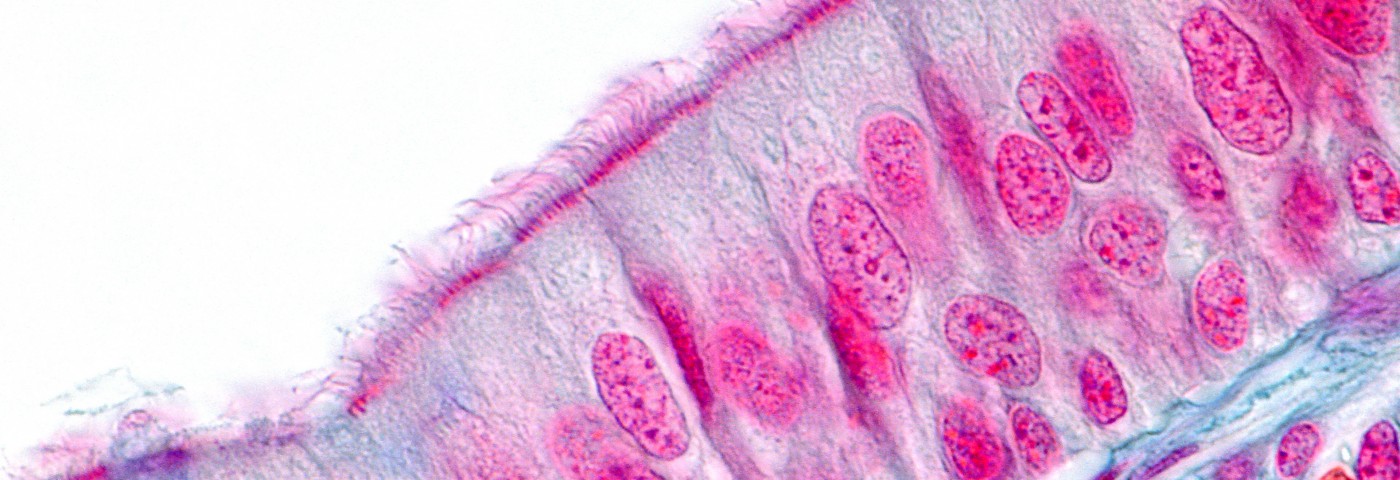A recent study publicized the launch of the first international registry for patients with primary ciliary dyskinesia (PCD), a rare lung condition that can lead to bronchiectasis. The study, in the European Respiratory Journal, is entitled “An international registry for primary ciliary dyskinesia,” and was led by researchers at the University Hospital Münster, Germany.
PCD is a genetic disorder that affects the action of cilia, microscopic, finger-like projections found at the surface of cells, including those of the respiratory tract and sperm. Respiratory motile cilia move synchronously, forcing mucus to migrate towards the throat and eliminate fluid, bacteria, and particles from the lungs. The defects in cilia observed in PCD can lead to chronic respiratory infections caused by poor mucus clearance of the airways and sinusitis, which in turn may lead to bronchiectasis, a serious condition characterized by the widening of the bronchi. PCD can also cause infertility. The disease currently has no approved treatments and no cure.
Comprehensive data on PCD clinical presentation, disease course, epidemiology, and treatment is lacking. Based on this gap, researchers in January 2014 launched an international PCD registry, an effective way of collecting data on rare medical conditions. This online platform was developed together with leading clinicians worldwide and multiple patient organizations.
Data on 201 patients is currently in the registry, entered by healthcare professionals with written patient consent. The registry intends to gather data on PCD diagnoses, symptoms, treatment strategies, and disease progression. That data will be used to develop projects dedicated to improved PCD diagnosis, management, and treatment. The registry is also planned to serve as a platform to recruit participants for clinical trials to assess novel therapies.
“PCD is a rare, but debilitating, disease, which currently has numerous uncertainties related to its diagnosis and treatment. We believe this new online tool will advance our understanding of this rare disorder, help us recruit candidates for research studies and ultimately improve care for PCD patients,” said Dr. Claudius Werner, the study’s lead author, in a news release. “We will continue to build on the data in the registry by recruiting more referral centres to support this work, recruiting more patients and cleaning the data ready for analysis and a full comprehensive report of all items collected. We also plan to establish regional registry administrators to further disseminate knowledge about the registry and to facilitate access to the registry for patients from countries currently outside the current consortium.”
The team expects the patient registry to ultimately improve PCD care, avoiding respiratory infections and the development of bronchiectasis. More information on the PCD registry is available through this link.

